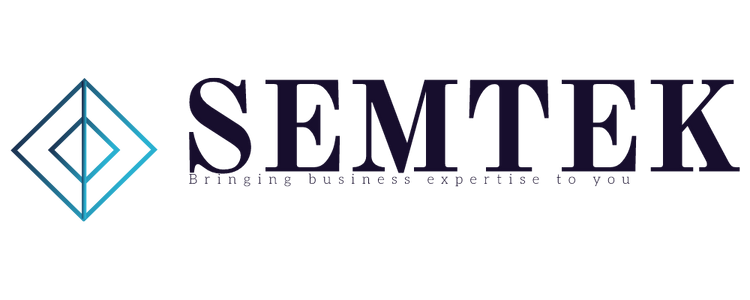1 – Toyota Invests $1 Billion in Artificial Intelligence in U.S.
Toyota is joining the artificial intelligence race, with a recent announcement that has a five-year plan to invest $1 billion into a Silicon-valley based research and development center for machine intelligence. The entity will be organized as a new company called Toyota Research Institute. Gill Pratt, a former roboticist for DARPA, will lead the new company. The center will focus on artificial intelligence and robotics technologies, as well as technology that helps benefit the rapidly aging population. Research efforts will be honed in on developing cars that are safer and more enjoyable for humans to drive, rather than removing humans from the equation (i.e. self-driving cars). The company plans to hire 200 scientists for its new operations.
(Read the full article on The New York Times)
2 – Accenture Expands Global Artificial Intelligence Capabilities and R&D Agenda
Accenture, a global professional service company that works across industries at the intersection of business and technology, is investing a significant portion of R&D capabilities in a new lab in Dublin. The company’s newest Technology Lab is reflects Accenture’s commitment to capitalizing on Ireland as a key technology player in Europe. Accenture also announced its creation the Accenture Technology Labs University Grant on Artificial Intelligence, which it has awarded to an academic research team at the Insight Centre for Data Analytics at University College Dublin. The team will use the grant to employ cognitive analysis in studying the interface between humans and machines, with aims to develop technology for better collaboration and interaction between the two.
(Read the full article on MarketWatch)
3 – Artificial Intelligence, Today and in 2035, Still Not Human-Level Smart
Artificial Intelligence will not be close to human-level intelligence in 2035, but it will be capable of some amazing feats. This is the viewpoint of Oren Etzioni, CEO of the Allen Institute for Artificial Intelligence (AI2). At Economy’s Seattle 2035 conference this past week, Etzioni discussed the progress made by AI thus far, and where he sees its prominent presence in the next two decades. Of the state of AI today, Etzioni stated,
“A computer perceives only a set of pixel intensities—essentially a bunch of numbers. Going from this abstraction to something meaningful that can be analyzed and interpreted is much, much harder than chess, and we’re only a very small fraction of the way towards human-level visual understanding.”
Currently, AI2 is working on advanced search engine name Semantic Scholar, which has the potential to leverage AI and allow scientists to perform much more specific and connected searches amongst copious amounts of data.
(Read the full article on Xconomy)
4 – Artificial Intelligence Will Attempt to Persuade Thousands of People via Smartphone App
Singapore-based company Fujitsu is launching a study that uses an AI app to attempt to make public transport a more pleasant experience by reducing congestion. In collaboration with the Singapore Agency for Science, Technology and Research, and the Singapore Management University, the company will assess whether the AI system has the ability to influence commuter behavior with personalized travel suggestions. The AI engine will attempt to learn people’s community behaviors and may, for example, encourage a person who doesn’t mind a short delay to pick up a quick cup of coffee, or even a discounted meal for someone who can tolerate a longer delay. The company announced that a commercial version of the app may be available by March 2016.
(Read the full article on PCWorld)
5 – New Milestones in Artificial Intelligence Research
Facebook announced on Tuesday new achievements made by its AI Research Team (FAIR), including the ability to “train” computers to more quickly identify objects in photographs, as well as understand natural language. FAIR will be presenting a paper with its results at NIPS, a leading artificial intelligence conference. The team’s Memory Networks (MemNets) system can read and answer questions about short texts, and it has combined this technology with image recognition AI to develop a new visual Q&A app. Users can ask their device what’s in a photo, and the app will provide a response. FAIR has also developed systems in predictive learning and strategic planning technology.
(Read the full article on Facebook Newsroom)
- Home page
- Content Marketing
- Digital Marketing Strategy
- Digital Marketing Strategy
- Digital Marketing Strategy
- PPC
- SEO
- Social maketing
- WordPress web development
- Data science


